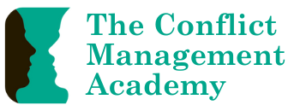Curiosity is more than just a tool for gathering information. While curiosity can lead to an increase in our knowledge, it’s most useful when it also leads to greater understanding. However, curiosity is not just useful because of what it “gets” us, it can also change us, and be a force for meaningful connection and transformation.
Some people are naturally curious and it’s part of their everyday approach to life. Others can be curious when the right stimulation prompts their attention and interest. In other words, curiosity can be a trait and a state.
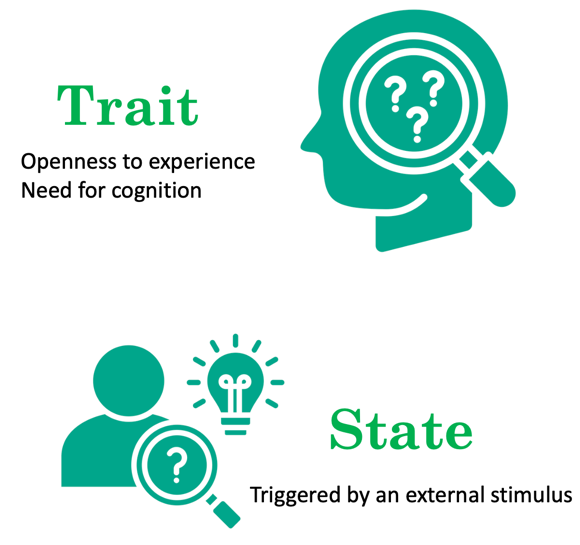
Curiosity offers us important ways to
Challenge our assumptions and biases
Provide an antidote to fear and anxiety
Embrace uncertainty with more courage
Deepen connections in an era of social isolation and exclusion
Become more intentional and thoughtful
Sharpen our creativity and collaboration skills
Find common ground with others who have opposing views or differences
Move through hard times in our life
Build self-awareness and be kinder to ourselves
(Scott Shigeoka, 2023)
In conflict, curiosity is essential! Conflict resolution practitioners are usually well trained in asking curious questions. However, while curious practitioners are terrific, it’s even better if we can encourage the clients we work with to become curious about (1) the other person; (2) the conflict; and (3) themselves.
Telling someone that they should be curious about something is not usually enough.
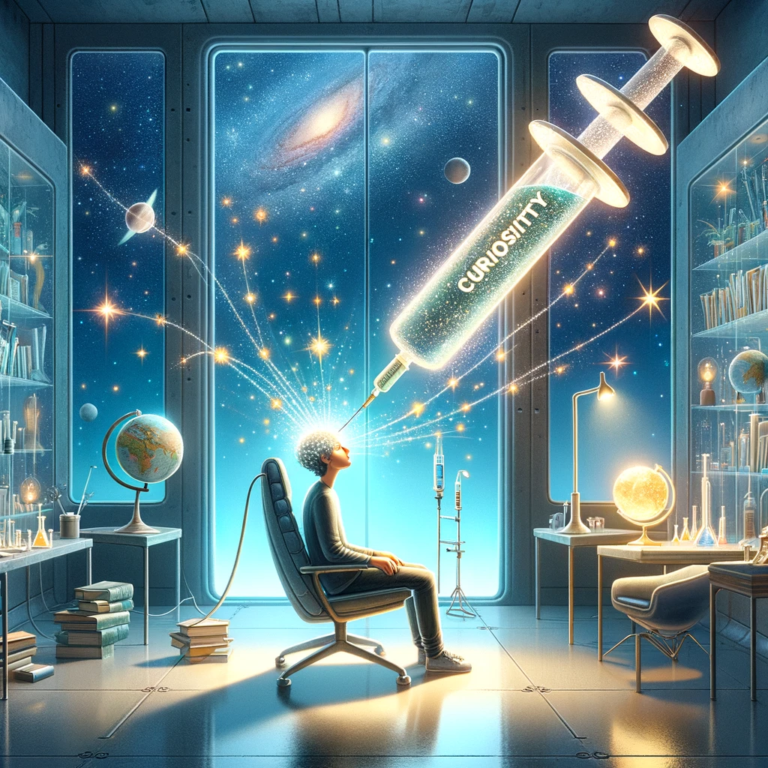
You can’t just give someone a creativity injection. You have to create an environment for curiosity and a way to encourage people and get the best out of them.
Sir Ken Robinson.
To understand curiosity properly, we need to explore its relationship to many different cognitive functions, including:
Perception
Knowledge
Memory
Learning
Motivation
Willpower
Development
Emotions
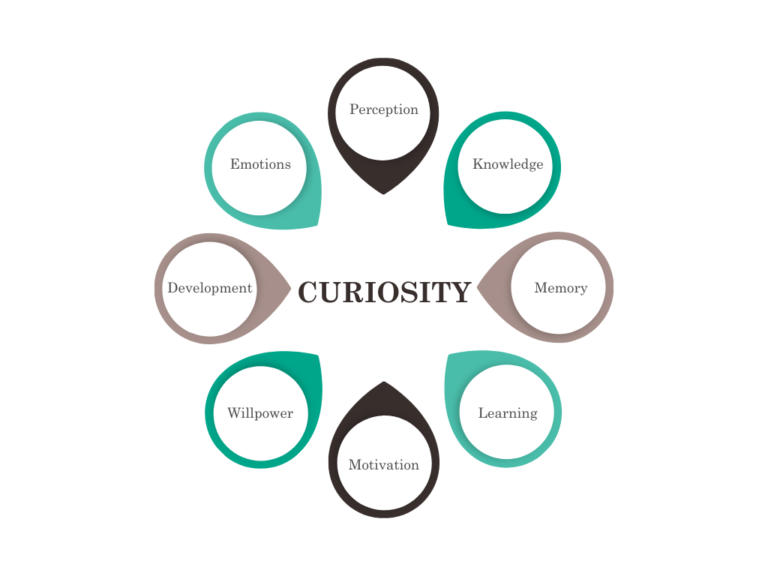
We also need to be able to manage some of the main impediments to curiosity, including:
Fear
Trauma
Time
Distance
Culture
Assumptions
Technology
Environment
Importantly, curiosity is most likely to arise and activate a constructive change in behaviour, when:
It is volitional (the person makes their own choice to activate their curiosity).
The person has some pre-existing knowledge and some uncertainty (but not too much of either).
The person feels low to moderate anxiety about the uncertainty.
The person has a medium level of confidence that they can remove the uncertainty.
The uncertainty is thought of as a mystery (not a puzzle with a definitive right/wrong answer).
Both the person’s mindset and the setting are conducive to curiosity.
Would you like to know more about curiosity in conflict, and how to encourage your clients to be more curious to support effective conflict management and resolution, we have a new webinar on demand on this topic!
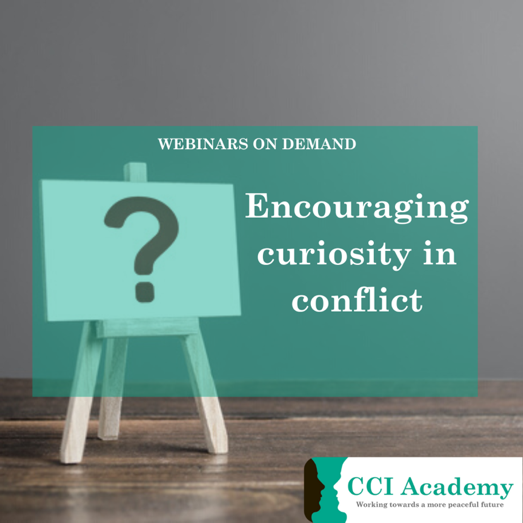
Find out more and register here: https://www.conflictmanagementacademy.com/webinar-on-demand-encouraging-curiosity-in-conflict/
